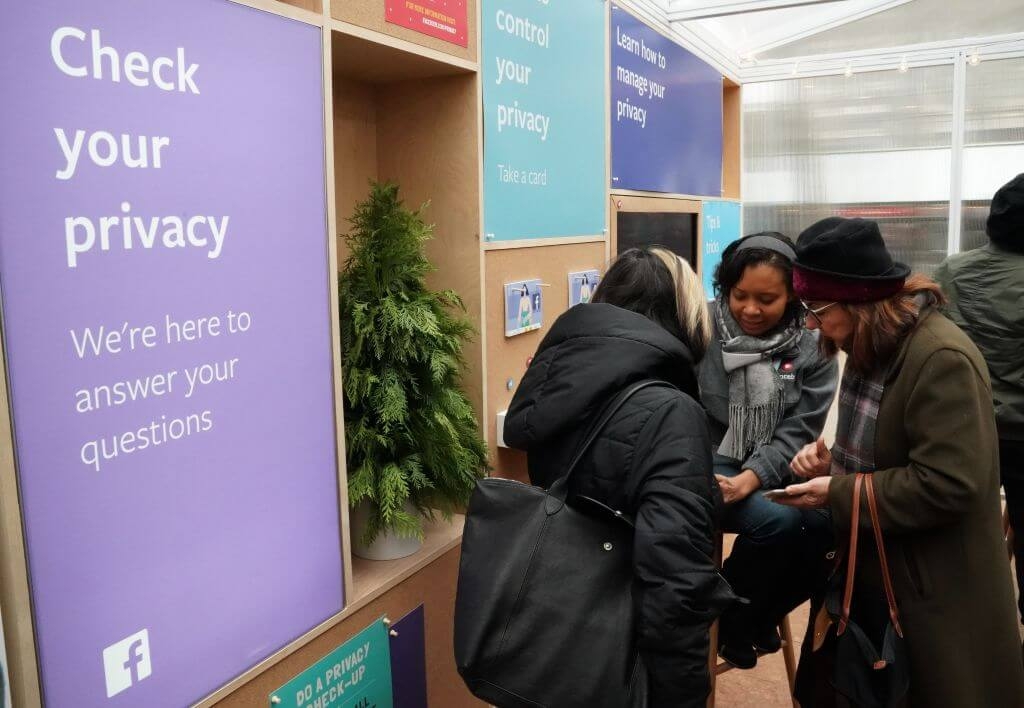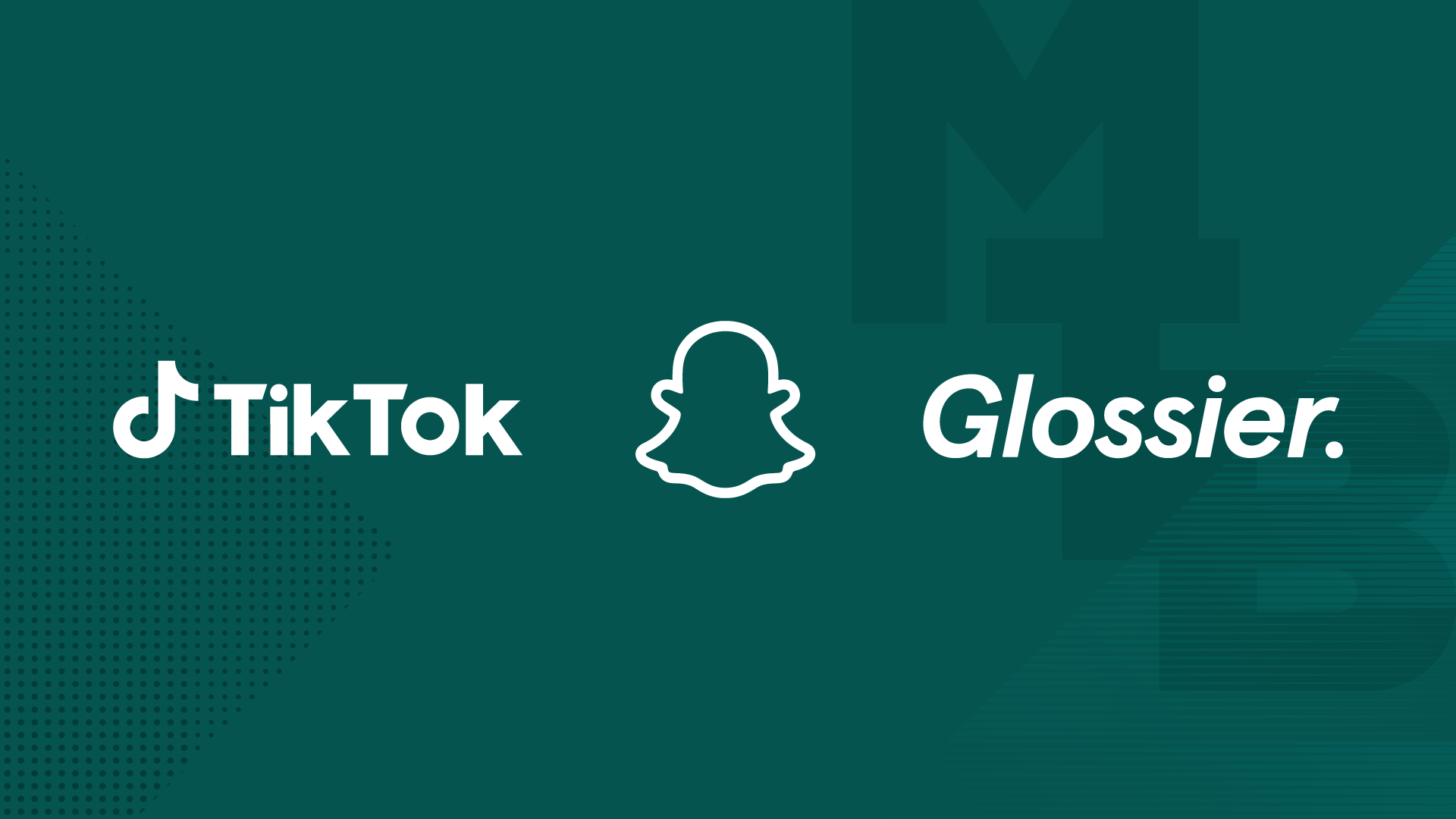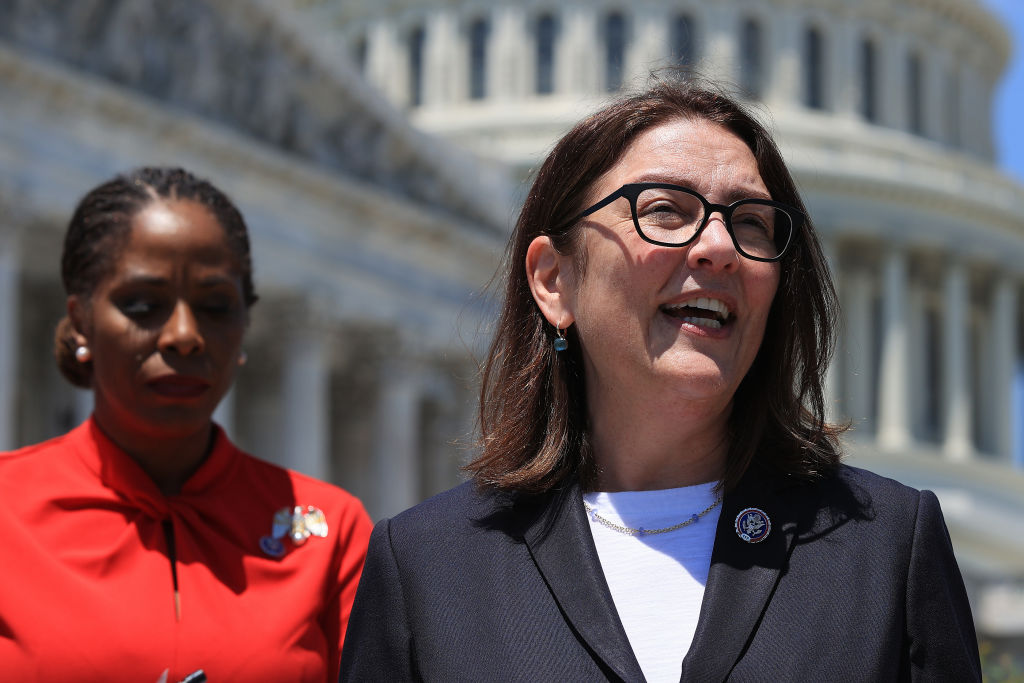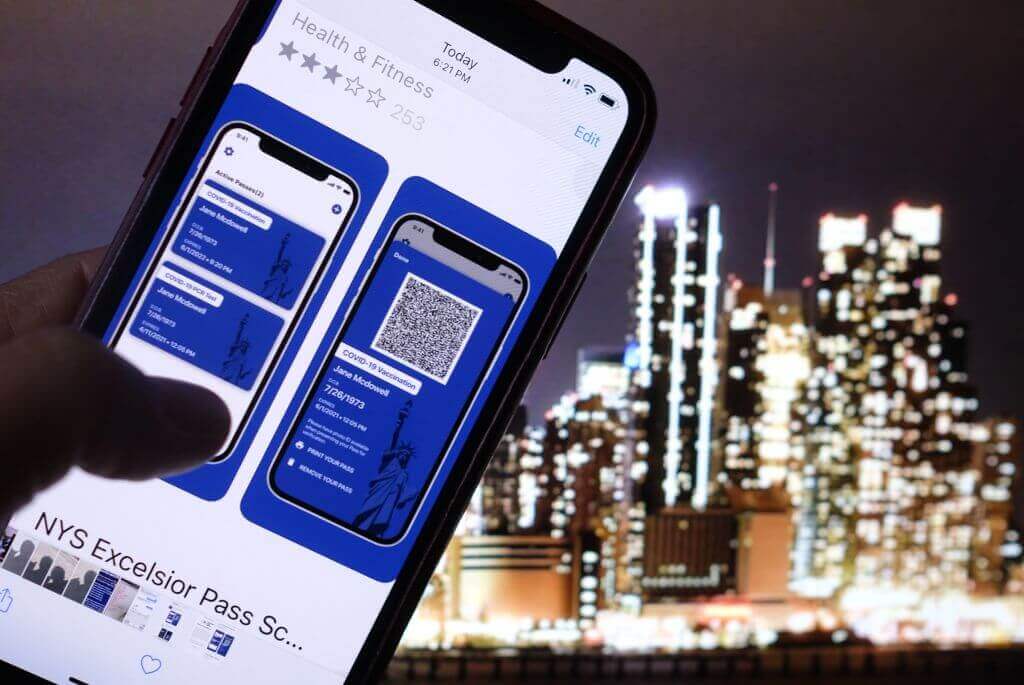Why Americans Keep Giving Social Media Platforms Their Data — Even if They Don’t Trust Them With It

Key Takeaways
While fewer than 2 in 5 social media users trust social media companies with their personal information, just 1 in 5 say they have quit a platform in the past 12 months.
Data privacy concerns weigh on most social media users, but about 3 in 4 who have distrust in social media companies to protect their data say it’s too difficult to protect data online regardless of what platforms and services they use.
Just 2 in 5 social media users say they are willing to allow access to their data in exchange for personalized content, while 3 in 5 are willing to give up information to stay connected with friends and loved ones or get discounts on products.
Sign up to get the latest global tech news and analysis delivered to your inbox every morning.
The social media era of the internet has introduced many to the phrase, “if you’re not paying for the product, you are the product.” The expression captures the trade-off that most online platforms ask users to make: In exchange for the service provided free of charge, the company will collect user data that will be sold and used for a number of purposes including targeted advertising.
That exchange may be working less for social media users than it once did. A Morning Consult survey found just 38% of users trust social media platforms with their personal information, and many believe that the online experience would improve without data collection — but a relatively small share of users have quit social media, pointing to the convenience it provides and the challenges to ensuring personal privacy.
Social Media Users Have Much More Trust in Themselves to Protect Their Personal Data Than Social Media Companies
Social media companies like Meta Platforms Inc. — the owner of Facebook and Instagram — as well as Twitter Inc., TikTok parent company ByteDance Ltd. and Snap Inc. have almost all encountered the same issue: a business model that requires monetizing user data in order to continue operating.
“The business models they have put together have been that they offer the service first, but they don't know how to keep the servers running, so they start using advertising and other information collecting as a way to pay for the service that they provide us,” said Jon Callas, director of public interest technology at the Electronic Frontier Foundation. “Social media is something that many people depend upon. The way that you're paying for it is through your information, and there isn't an alternative.”
Sara Collins, senior policy counsel at Public Knowledge, said there is a value proposition in this exchange for most people.
“I don't think that data collection, when it's reasonably necessary to provide a service, is inherently harmful,” she said. “It's just that we have incentivized companies to collect as much data as possible to try to maximize profit in as many different streams as possible.”
That model has driven the social media experience since its earliest years; even as platforms start to experiment with paid subscription models, those tend to target power users and content creators rather than the average person.
It may also be core to the industry’s current trust problem. Morning Consult found that more than half of social media users do not trust social media platforms to protect the privacy of their online data — the largest level of distrust among all industries included in the survey.
Platforms have staying power despite users’ trust issues
More than 4 in 5 social media users said they trust themselves with their own data — significantly higher than any company or institution. There may be a perceived contradiction in that level of self-trust, considering most people willingly surrender their information to companies and platforms they do not trust with it. But, as Collins pointed out, people often do not expect the extent to which their data is being collected and used.
“I often think about the BetterHelp and GoodRx settlements with the Federal Trade Commission. They were selling really sensitive information to do advertising,” she said. “If someone's using an online therapy service, you're not expecting your status of using that service and what you're getting treatment for to suddenly be like fodder for anyone who wants to advertise to you.”
Nearly 3 in 4 Adults Who Quit a Social Media App Had Trust Issues With Platform’s Handling of Data
While users worry about the ways social media companies access and monetize their personal data, it’s proven difficult for most people to walk away from these platforms: Just 1 in 5 social media users say they have quit a platform in the past 12 months.
Of those who have moved on from a platform, one of the biggest reasons is a distrust for how the company handles personal data: Nearly 3 in 4 people attribute that lack of trust as a contributing factor for leaving, with 45% expressing that issue as a major reason for their decision to leave.
Callas said that part of the distrust stems from a lack of transparency.
“We don't really know what the threat is, and this is part of the personal anxiety issue,” he said. “We don't really know how much people are abusing our privacy, and there's no way for us to measure it.”
Matt Schruers, president of the Computer and Communications Industry Association, said that the decision of some users to leave platforms over privacy concerns is part of what encourages the market to offer more protection. “Companies compete on a range of features, including protecting and safeguarding consumer data, and people can choose services that match their needs.”
“Just as user preferences with respect to content incentivize digital services to maintain strong digital trust and safety practices,” Schruers added, “user preferences with respect to privacy incentivize digital services to protect and safeguard consumer data.”
Privacy-centric alternatives, particularly to social media services, are still few and far between. Collins noted that “the entire internet ecosystem operates, at least to some degree, on selling data and collecting data. You as a person cannot fight a system problem, at least not particularly effectively. It's just too hard to do.”
She recommended lawmakers create “rules of the road,” a baseline that better establishes what can be collected and for what purpose it can be used. “What the free market has carved out is not working,” she said.
Bennet suggested a new agency to oversee the industry: “In the past, Congress has recognized the need for dedicated regulators, like the FDA or FAA, to protect consumers and preserve the public interest. It is Congress’ responsibility to weigh in on consumers’ behalf, and that’s why we need a new federal agency to oversee digital platforms.”
The Reasons Why Social Media Users Who Distrust Platforms With Their Personal Data Stay Anyway
Social media users throwing in the towel on privacy protections
The majority of social media users — even those who expressed concern about how social media companies collect and use data — have continued to use platforms that collect and monetize their personal information. The reasons, according to the Morning Consult survey, stem largely from a sense that the idea of digital privacy is too far gone.
About 3 in 4 social media users who have distrust in social media companies to protect their data cited the feeling that it is too difficult to protect their personal data on the internet regardless of what services they do or don’t use as a reason for remaining on platforms they may not trust. About 7 in 10 said their data already does not feel private.
Collins disagreed: “I don't think we're too far gone,” she said, but acknowledged that it feels challenging to feel protected online. “Trying to stay privacy-protective on your end while still using apps and services is just hard to do. It requires quite a bit of time commitment, and most people just don't have that kind of time to devote to trying to fix a problem that they have very little control over.”
Callas called the sense expressed by some to be a form of “privacy nihilism” and said it is “exactly what gets us into more trouble.” He noted that most data collected for targeted advertising tends to be useful for only a short period of time and decays rapidly.
Because of that, Callas said users have the ability to get out, at least to some degree, at any time by starting to use tools like ad and tracker blockers.
“They want to know what you're doing now, not what you did 10 years ago — even a year ago is practically useless to them,” he said. “It is not something where you can never escape it; the door is unlocked, all we have to do is open it.”
Those smaller fights — making the decision to manage your data more intentionally and use tools that prevent the collection of some information — are perhaps more feasible for the average person than ditching a platform altogether.
“No social media platform has great data practices but social media does have some value, so what is the alternative?” Collins said. “You have to opt out of entire swathes of the internet. And that's just not fair, and frankly, not practical for most people.”
She noted social media in particular presents a unique challenge for people to quit because of the social aspect of it. “Social media only works if other people are on it,” she said. “You don’t want just anybody” on the platform; “you want people in your network there.”
Morning Consult found more than half of social media users who have distrust in social media companies to protect their data cited wanting to feel included on the platforms their friends and family already use as a reason for continuing to use social media even when they do not trust the companies that operate them.
3 in 5 Social Media Users Willing to Trade Data to Stay Connected, Get Discounts
Despite trust issues, many people are still willing to make trade-offs in order to get certain benefits. However, the promise of personalized content is the least appealing option among all social media users, with just 2 in 5 saying they are willing to allow access to their data for this purpose.
This remains one of the primary exchanges that social media companies promote. The calling card for TikTok, for instance, is its algorithm that provides users with content tailored to their interests. While younger users are more likely to express interest in this type of content, still fewer than half of Gen Zers were interested in this trade-off.
“They want us to consent to them collecting the data, and so they're pitching us personalization,” Callas said. He called it a “sugar-coated” explanation for what is really happening: Companies collect data and try to convince users that is what they actually want.
Users are still largely willing to surrender some privacy for connectivity: 61% said they would trade access to their personal data in order to stay connected with friends and loved ones, and a nearly equal share said they would make the trade-off for discounts and free shopping. More than half said they would do it for location-specific services, including online ordering and delivery.
Social Media Users See Little Downside to Ending Personal Data Collection
While social media users remain willing to give up access to their data for services and features they deem worthwhile, a majority of them believe that the online experience would either improve or stay the same if data collection practices came to an end.
At least 35% of people who use major social network platforms like Facebook, Instagram, Twitter and TikTok believe their experience would get better if their personal information weren’t collected.
“If we look at the very basic things that ad tech is trying to do: I never see an ad for a thing that I want, before I buy it. I often see the ad for something after I buy it,” Callas said. “That is proof to me that this is in fact not a better experience.”
There may similarly be a sense among advertisers that the value proposition of data collection is falling short: A 2019 study found that publishers make just 4% more on targeted advertisements than non-targeted alternatives while contributing to a sense among users that they are getting a worse overall experience.
As users embrace tracker blockers and ad blockers, including those built into systems like iOS, Callas suggested that companies that collect and monetize user information consider that these tools exist because many people are unhappy with the way the exchange is being conducted.
“They need to really rethink how they interact with us,” he said.
Related content

Gen Z Trusts Social Media Brands Despite Reckoning Over Online Safety

States Are Ground Zero for Tech Regulation. Voters Back the Measures, but Also Seek Federal Action
